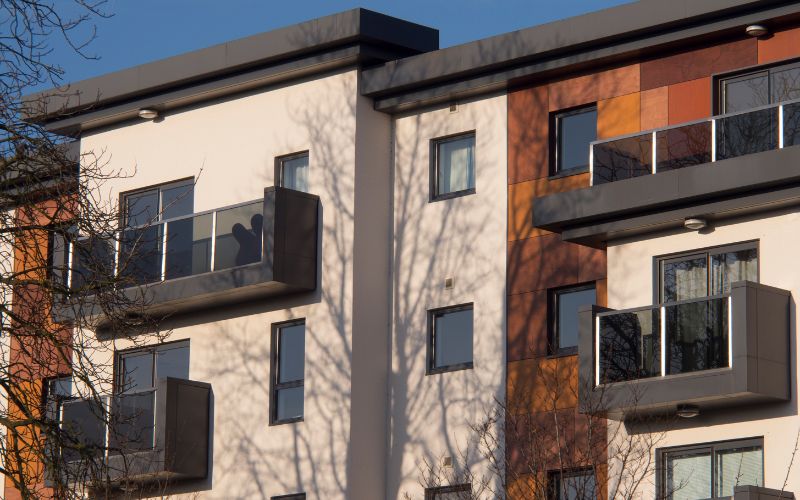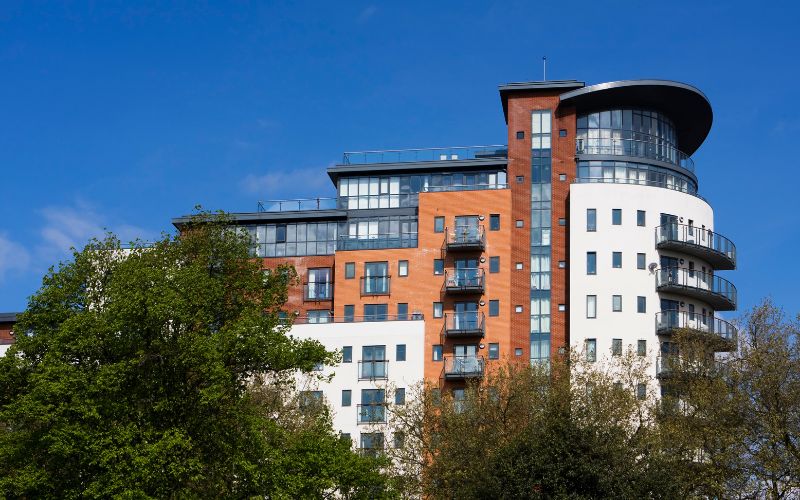Overseen by the Building Safety Regulator (BSR), the new regime was actually launched back in October 2023 where new dutyholder and competence requirements for all projects, not just HRBs, were also introduced.
With very few exceptions, these regimes are subject to transitional provisions. However, this is due to come to an end on the 6th April 2024 – the same day those in the property and construction industry will be legally required to adhere to the new regimes. So, what else is changing in April?
Switching to registered building control approvers (RBCAs)
The functions of “approved inspectors” have been transferred to “registered building control inspectors” in a complete overhaul of the building control profession by the BSA, with all relevant provisions coming into effect on the 6th April 2024.
Despite the announcement made by the BSR on March 13th 2024, extending the competence assessment period to July 6th 2024, in response to concerns about insufficient completion of individual registration by 6th April, the obligation for organisations to register as registered building control approvers remains unchanged for now.
Dutyholder and competence regime
This regime has been live since October 2023 and has applied to all new building works in England with very few exemptions.
Certain projects have been granted exemptions from the requirements if they fall under the transitional provisions, but these exemptions will also cease on April 6, 2024. The new regime will:
- During construction projects create roles for specified dutyholders.
- Outlines duties they must comply with.
- Defines the competence requirements for both organisations and individuals in these roles.
- On any project where HRB works are involved, the regime will identify an additional layer of duties and responsibilities for dutyholders.
At project completion certain “compliance declarations” will need to be made by the client, the Principal Designer, and Principal Contractor. Local authorities will also need to be informed of any appointed dutyholders on the project.

HRB building control
Guidance has recently been released to developers by the BSR concerning any action they need to take regarding HRB works to ensure they get the most out of the transitional arrangements.
For context, a HRB is a high-risk building that is at least 18m tall, or seven storeys high, that contains at least two residential units.
A HRB may be able to remain under the current building control process, instead of being transferred to the remit of the BSR.
In order for this to happen, and for developers to benefit from those transitional arrangements, there are a few key requirements:
- Before October 1st 2023, an initial notice was issued and accepted, or full plans were handed over to the local authority.
- By April 6th 2024 works are “sufficiently progressed”. What this statement means will depend on whether it’s works to an existing building, new build, or change of use.
- A notice has been presented to the local authority before 6th April confirming that works have sufficiently progressed (and the local authority has received this).
- The approved inspector has become a “registered building control approver” before April 6th.
The Department for Levelling Up, Housing and Communities is now pushing for vital communications between those carrying out the works and local authorities to streamline the transition over to the BSR.
This applies to all projects that had not provided notice that works had “sufficiently progressed” and assuming notice had still not been provided by April 6th.
After the April 6th deadline, a four week period has been implemented to allow clients of in-scope works to submit notice to the BSR about the HRB works which should contain “all relevant information”.

Key takeaways
April 6th marks a crucial milestone in the restructuring of the building control system. For clients initiating new 'building work' not covered by the transitional arrangements mentioned earlier, it will be essential to reassess their project arrangements and procurement procedures to ensure they align with the requirements of the new dutyholder regime.
Where HRB works are concerned, the arrangements and processes must consider the heightened scrutiny expected for such projects and the necessity for individuals involved to possess specific competence for the tasks. This involves verifying their suitable and previous experience.
Additionally, the project arrangements and procurement processes must be adjusted to accommodate different aspects of the new regime, such as Gateways 2 and 3, the 'Golden Thread,' the newly implemented change control process, and other related elements.
After April 6th, the implementation of the new HRB building control regime, particularly Gateway 2, will commence significantly. Gateway 2 acts as a critical checkpoint, prohibiting construction initiation until the BSR verifies that the design aligns with the functional requirements of the building regulations.
The BSR has specified that the 12-week approval period (8 weeks for existing HRBs) will prioritise collaboration and engagement among all involved parties. The industry will closely monitor its practical implementation.
Who are we?
Sillence Hurn’s Chartered Building Surveyors are RICS qualified with extensive experience of building surveying across London and the South of England.
From advice around feasibility, cost planning, undertaking the work in the current market, specifying works, overseeing and managing the implementation of changes, our chartered building surveyors will be able to identify any upgrades and advise you on the best measures going forward.
Read more about our solutions here:
Technical due diligence
Project management
Dilapidations consulting
Cost management
Monitoring Surveying
Party Wall
Contract Administration
Planned Preventative Maintenance
Email us at enquiries@sillencehurn.co.uk or call our Southampton team on 02380 014786 / London at 020 3143 2128





